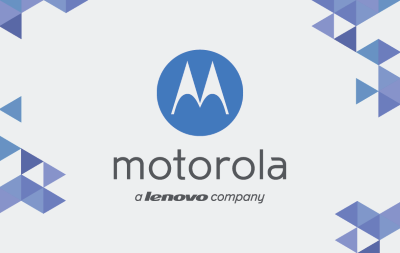
On Thursday, Lenovo finalized the $2.91 billion deal to acquire Motorola Mobility from Google. The deal has been in the works for some time, it was first announced way back on January 29 of this year.1 It is important to note, however, that Larry Page emphasized that this move does not signal any shift away from hardware, but rather a more thorough commitment to Android as an OS:
But the smartphone market is super competitive, and to thrive it helps to be all-in when it comes to making mobile devices. It’s why we believe that Motorola will be better served by Lenovo—which has a rapidly growing smartphone business and is the largest (and fastest-growing) PC manufacturer in the world. This move will enable Google to devote our energy to driving innovation across the Android ecosystem, for the benefit of smartphone users everywhere. As a side note, this does not signal a larger shift for our other hardware efforts. The dynamics and maturity of the wearable and home markets, for example, are very different from that of the mobile industry. We’re excited by the opportunities to build amazing new products for users within these emerging ecosystems.2
With the acquisition, Lenovo gains one of the most iconic mobile brands, and a company that has made major strides in the past few years. The Moto X, Moto G, Moto E and the upcoming Nexus 6 have the company poised to be a major player for years to come. However, Google will retain nearly all of Motorola’s patents:
Google, meanwhile, retains ownership of the bulk of Motorola’s patent portfolio, with Lenovo getting a license to the patents. Some 2,000 patents and a large number of patent cross-licensing deals will go with Motorola to Lenovo.3
- Larry Page, Official Google Blog, “Lenovo to acquire Motorola Mobility,” 29 January 2014 ▲
- Ibid ▲
- Ina Fried, Re/code, “Lenovo Completes $2.9 Billion Motorola Purchase From Google,” 30 October 2014 ▲

